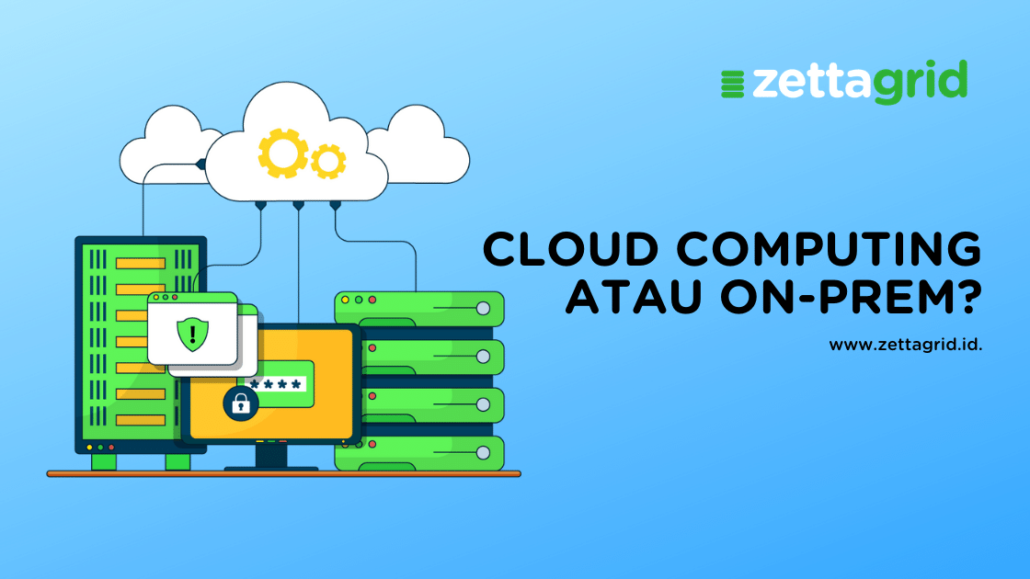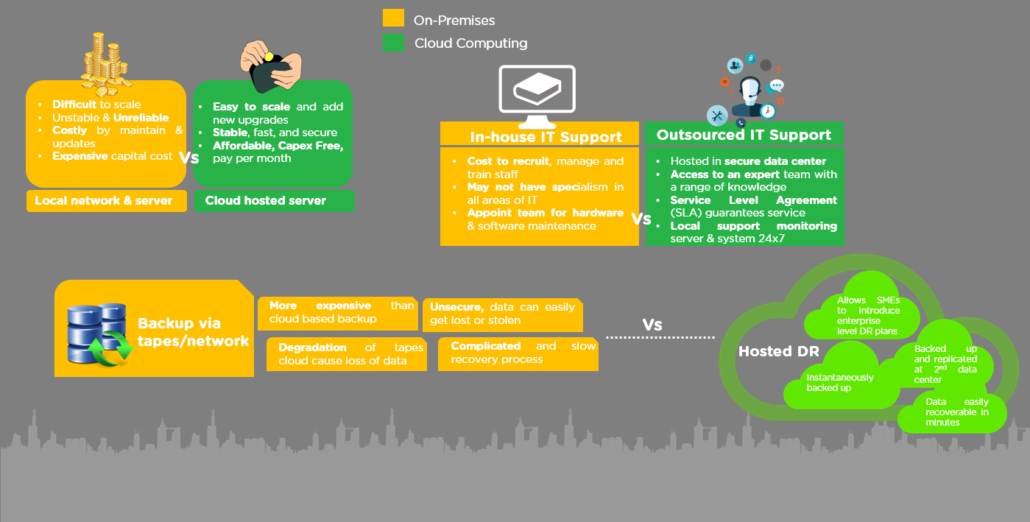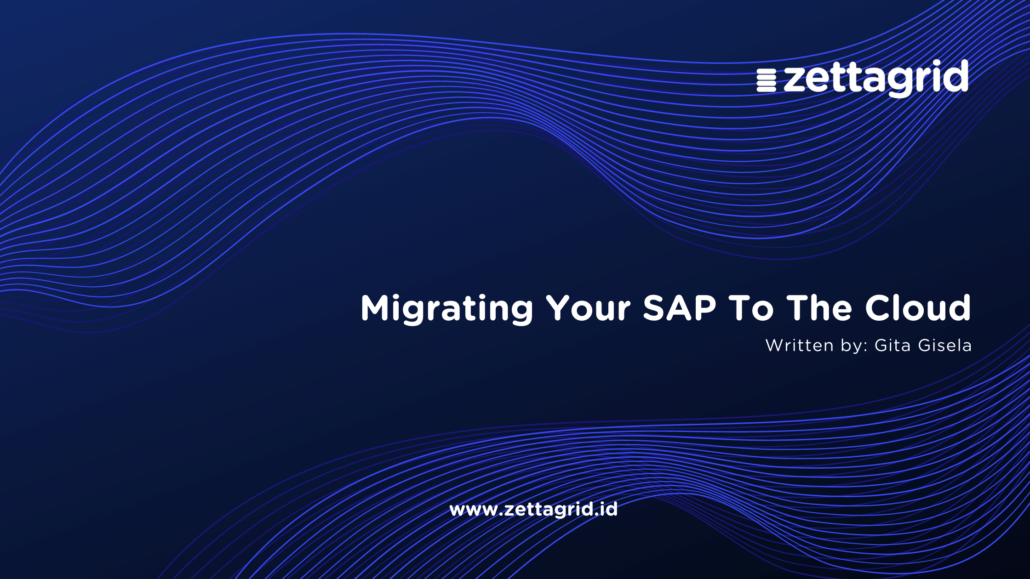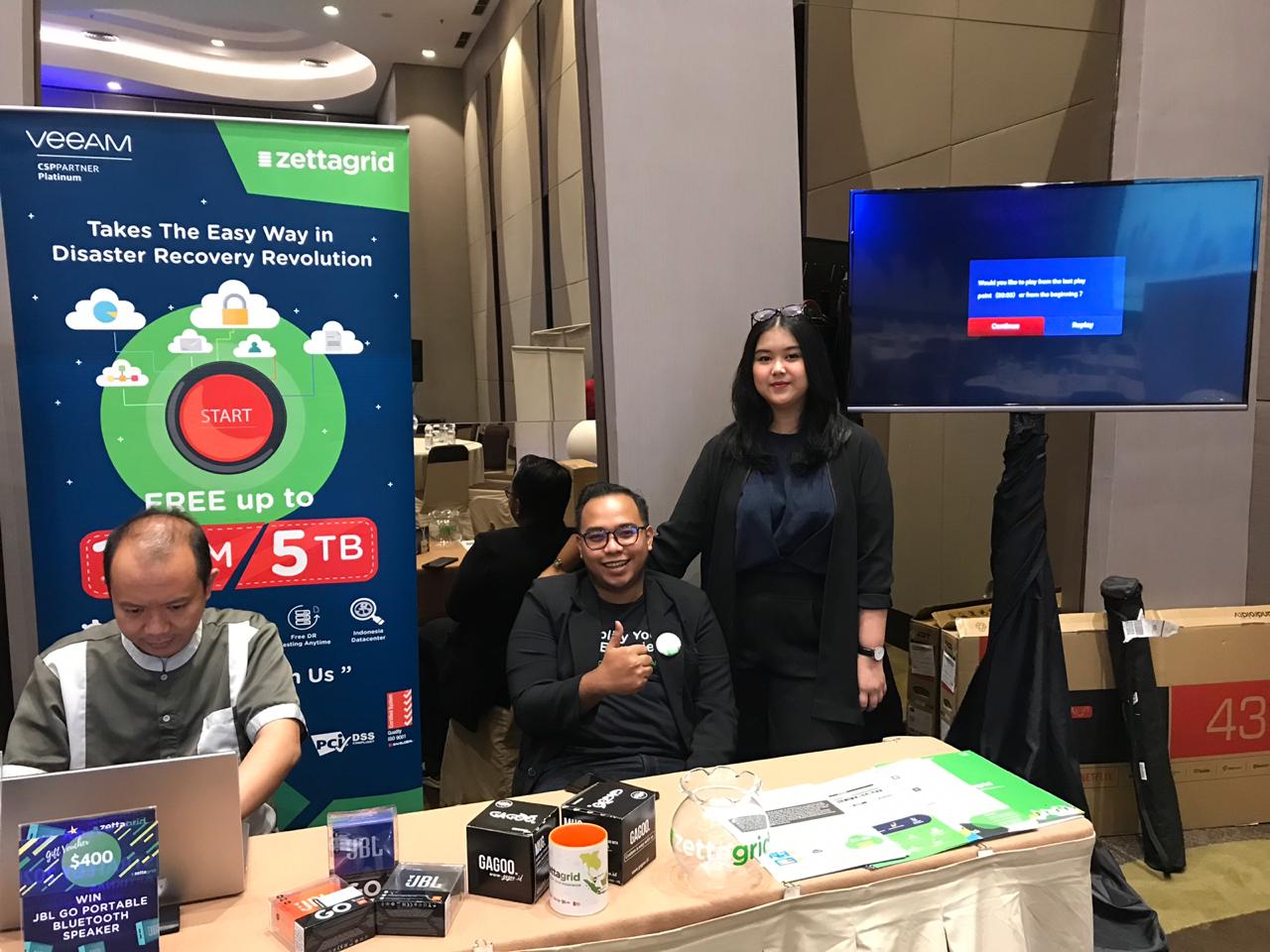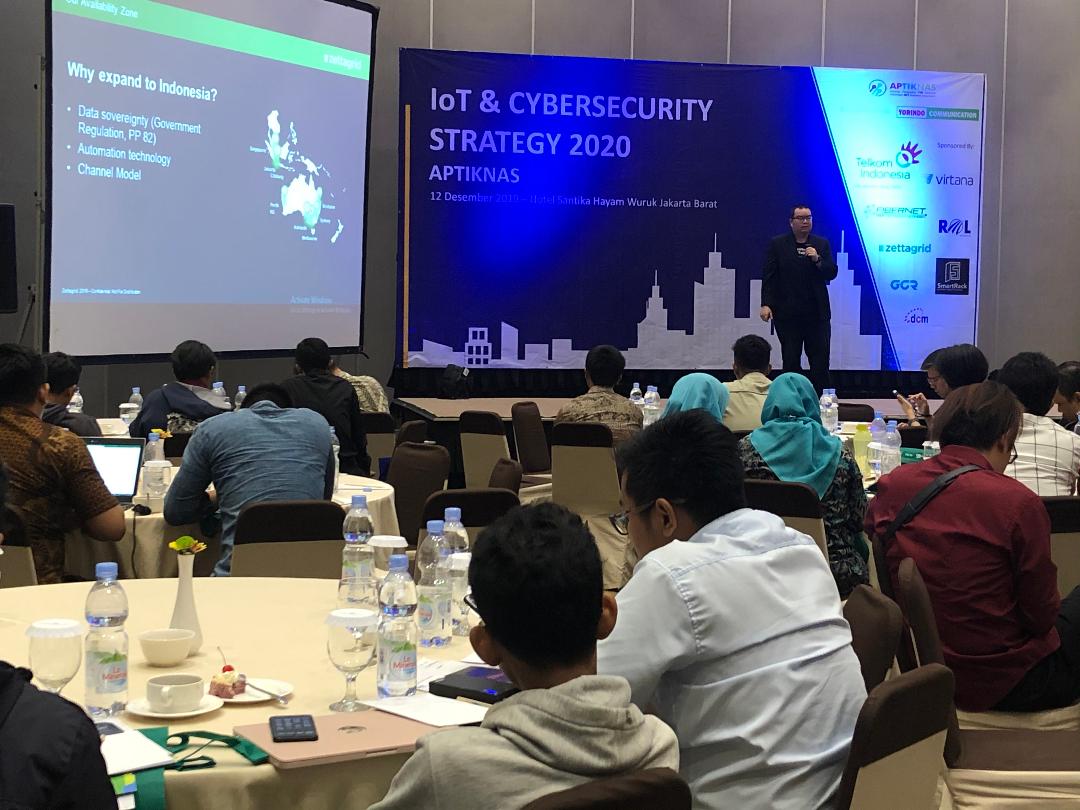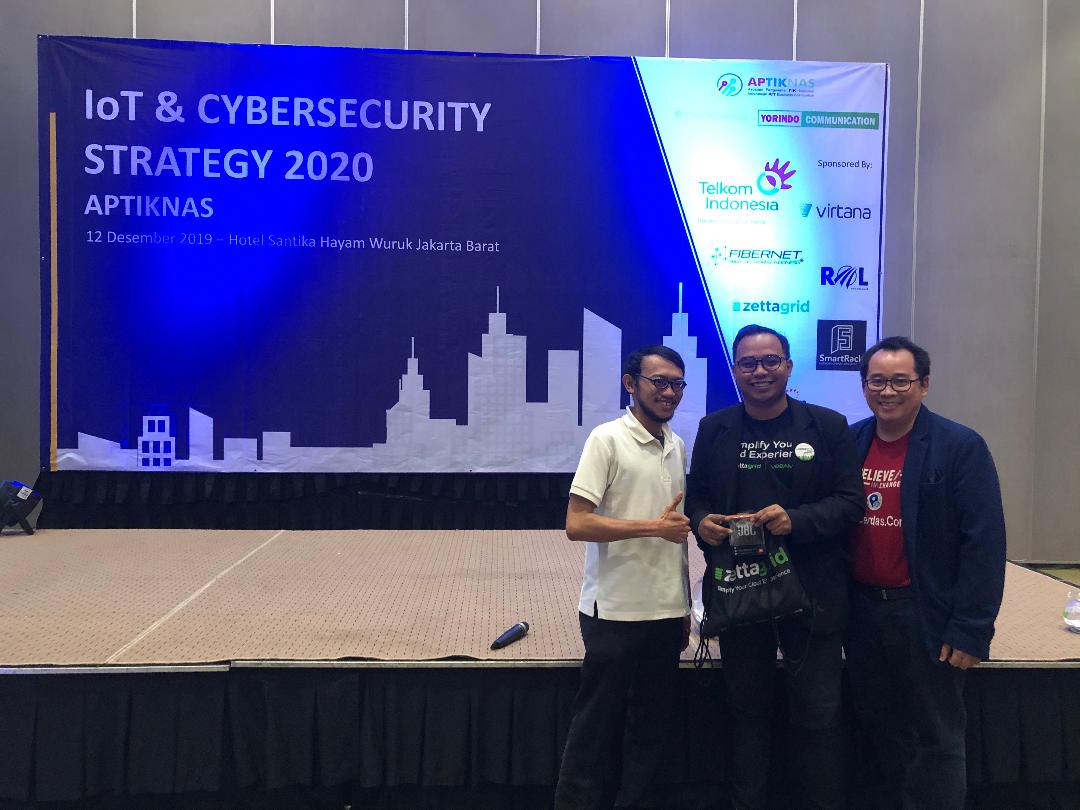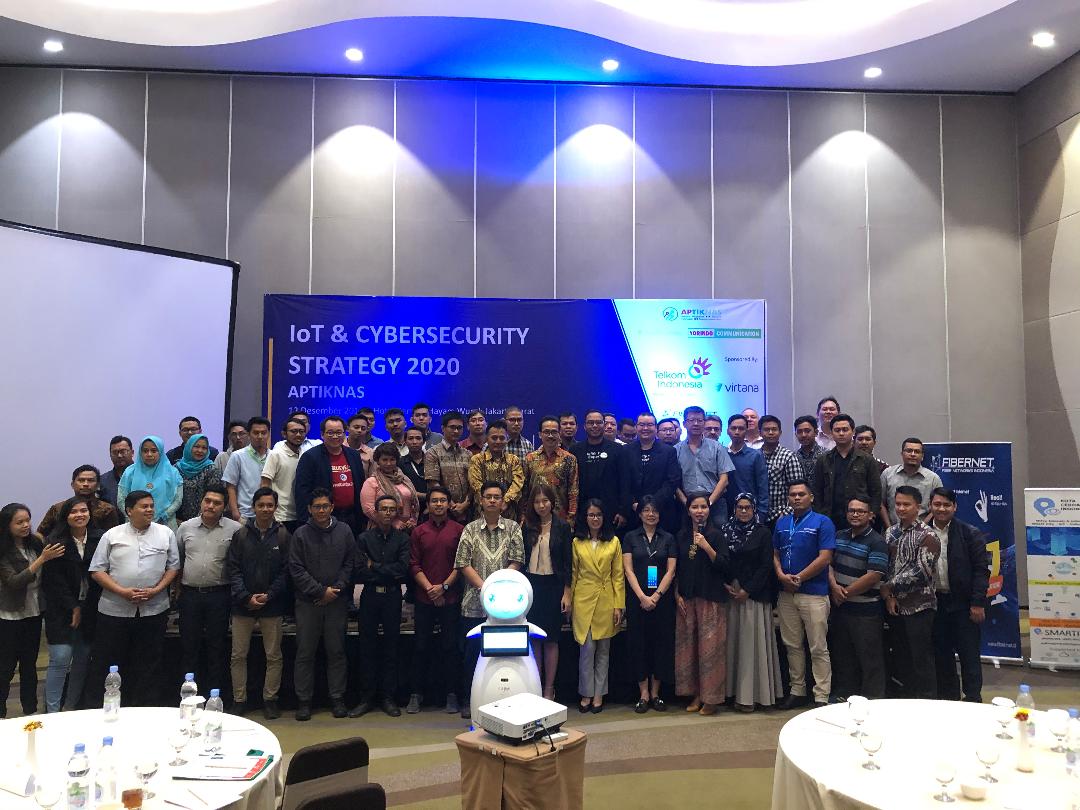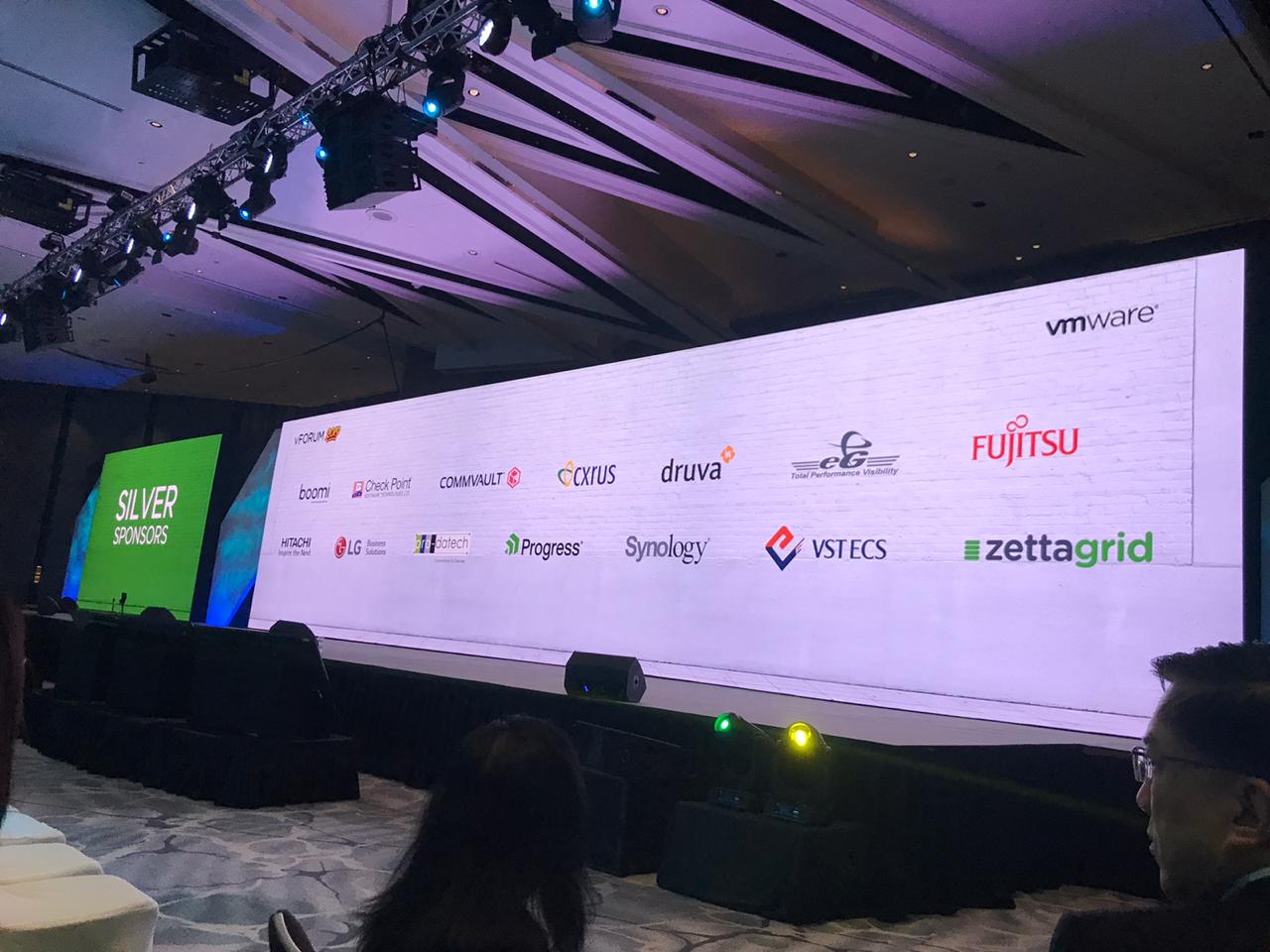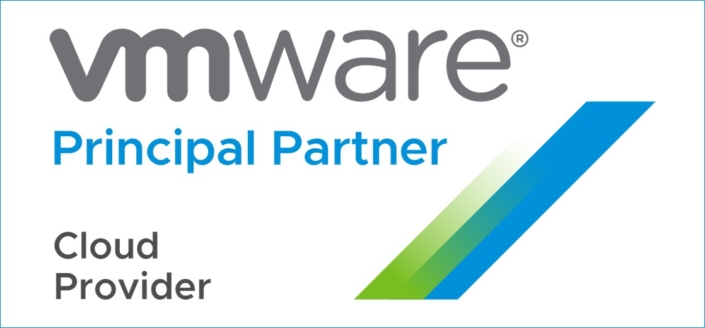Cloud Computing To Reduce IT Cost During Pandemic
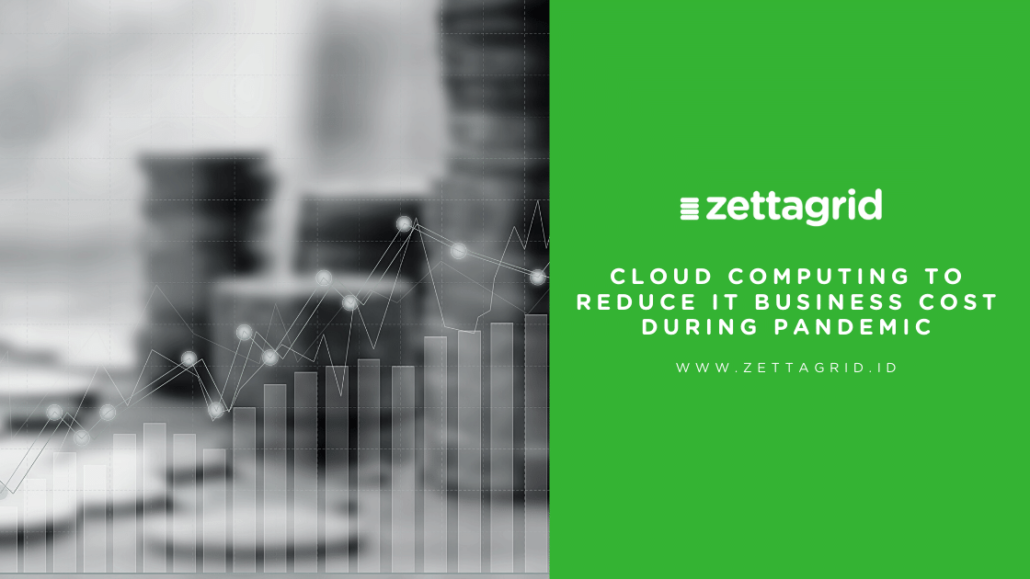
Cloud Computing To Reduce IT Cost During Pandemic
As the digital era evolves in just a few years, cloud computing has become one of the solutions for various industries. According to a survey by RightScale, both public and private cloud adoption have increased significantly in 2018. It showed that the number of respondents who have adopted public cloud is 92 percent, up from 89 percent in 2017, while the number of respondents now adopting private cloud is 75 percent, up from 72 percent in 2017.
This cloud computing trend does not happen without a reason of course, but It can be caused by various things like lower operating costs, improved time to market, better collaboration, and increased flexibility. That’s why cloud computing is now become a great solution to run business, especially during pandemic that forced enterprises to reduce IT cost to achieve business efficiency so their business could still running in this uncertain times.
But, do you know what cloud computing is?
Refers to Wikipedia, cloud computing is a combination of the use of computer technology and internet-based development. In other words, it can be meant as a collection of resources which usually consists of vCPU, RAM, and storage. These systems integrated into a single unit, running on the internet network, and having flexibility in its use.
Cloud computing also has characters. There are:
- Self-Service Use
Cloud computing’s characteristic of self-service providers goes hand in hand with on-demand computing capabilities. Developers could choose the resources and tools they need through a cloud provider. Although a provider sets policies to limit what IT teams could run, employees still have rights to build, test, and even deploy applications as they need.
- Measured Services
Measuring service usage is useful for both cloud providers and its customers. Usually, cloud systems are automatically controlled and resources are optimized by leveraging measurement capabilities at a certain level. The provider and customer can monitor, control, and report on the use of the services.
- Flexible, Scalable, And Secure
Cloud has a flexible capacity depending on user needs. Therefore, you can easily increase or decrease service capacity as your needs. That’s why, its capacity is scalable. Not only that, the cloud has a secure system to protect your data. And if you were experiencing a data loss, you could always run a backup.
- Cost-efficient – Reduce IT Cost
If you decide to use cloud computing, then you will experience a cost effective for hardware allocation. It also does not require maintenance and reduces IT consumption. That’s why cloud is affordable to use. Enterprises could achieve IT cost efficiency by using cloud as it could be scale up and down and pay-as-you-go based. So it will help enterprises business continuity especially during pandemic COVID-19.
Not only that, cloud computing also has various models of usage. They are:
- Software as a Service (SaaS)
This type of cloud is a service that refers to cloud-based software that can be used through the internet. Its applications are available in the form of a subscription according to user needs or on-demand. So, if you use this SaaS, you no longer need to buy licenses and install applications, but you could simply pay a fee according to data usage.
SaaS is one of the cloud services that is often used by enterprises to maintain businesses because it is easy to manage and very affordable. Besides, this service is especially useful for working anywhere.
- Platform as a Service (PaaS)
The second type is a cloud-based service by renting hardware, operating system, storage, and network capacity through the internet. This framework is typically used by developers to focus on building or creating software. Users could rent virtual servers and services to run web-based software that has been developed. Not only that, users could also test web-based software that is being developed.
- Infrastructure as a Service (IaaS)
IaaS is a cloud computing infrastructure service that contains virtual computer hardware devices with internet network, bandwidth, and IP address support. Besides, Its service providers usually provide various infrastructure specifications, both CPU, RAM, and data storage virtually without an operating system.
Along with the development of cloud technology and needs for its services in Indonesia, many cloud service providers arise by offering cloud products and solutions according to customer needs. Some of them are from the individual, UMKM, Small Medium Business (SMB), and even enterprise or corporate segments.
Zettagrid Indonesia is one of the cloud service providers of Infrastructure as a Service (IaaS) that offers Virtual Server, Virtual Datacenter, Backup as a Service (BaaS), and Disaster Recovery as a Service (DRaaS). We also already achieved VMware Cloud Verified which could be beneficial for our customers so they could use all automation from VMware cloud technology. If you have any further questions about cloud solutions, you can contact us here or by sales@zettagrid.id.

